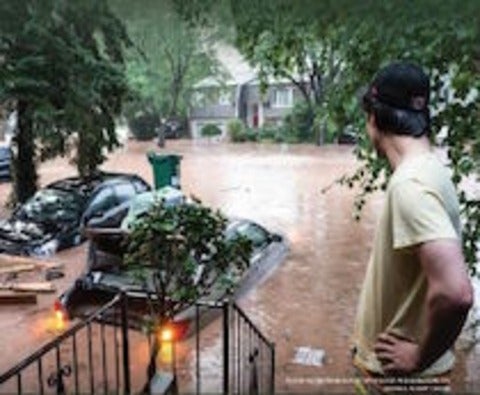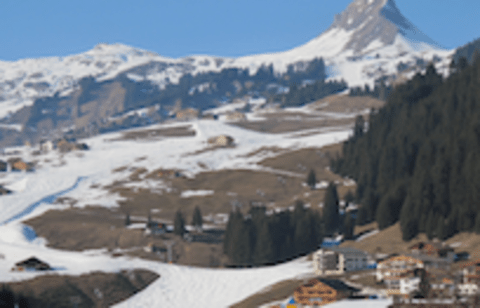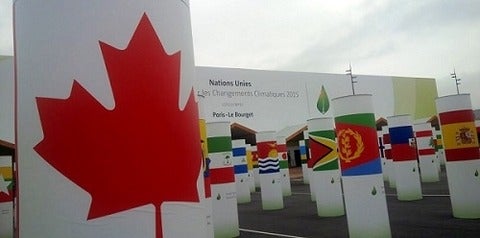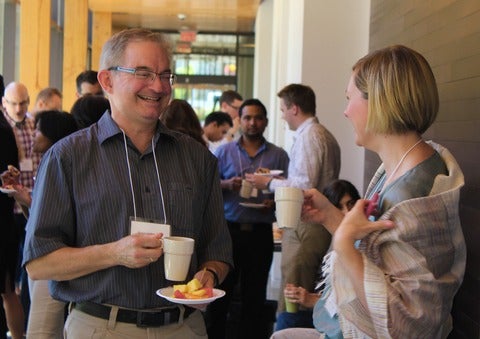After the Flood – The Impact of Climate Change on Mental Health and Lost Time from Work
Of all extreme weather events in Canada, flooding is currently the costliest, causing millions of dollars in property damage. Nonetheless, the impact of basement flooding on the mental health and lost time from work of impacted homeowners has been only superficially explored, until now.



